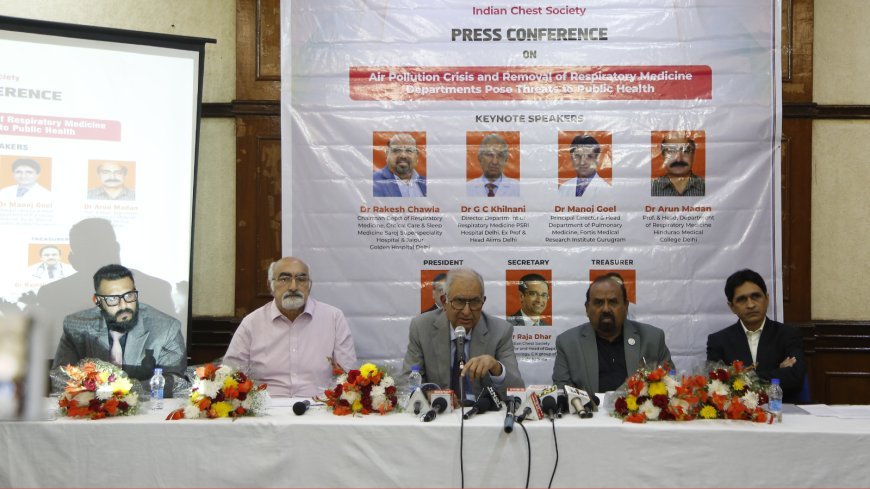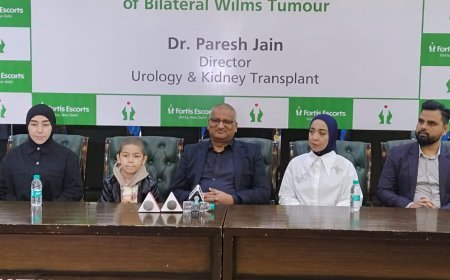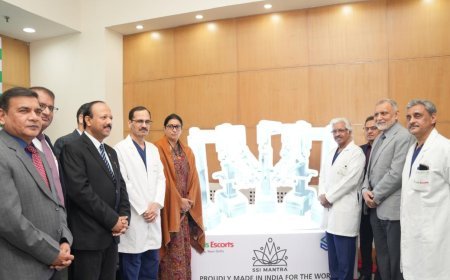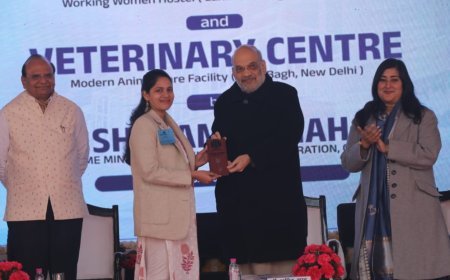Indian Chest Society Highlights Severe Air Pollution Crisis & Urgent Need For Action

The Indian Chest Society has expressed grave concerns over India’s escalating air pollution crisis, with Air Quality Index (AQI) levels surpassing 1,000 in several regions. This alarming pollution is driving a surge in respiratory and cardiovascular illnesses, particularly among children and the elderly. In response, the Delhi Government has directed hospitals to form specialist teams for managing respiratory cases and mandated daily reporting of outpatient (OPD) and inpatient (IPD) cases.
Dr. Arun Madan, Head of Respiratory Medicine at Hindurao Medical College, criticized the National Medical Commission’s (NMC) recent decision to remove Respiratory Medicine departments from MBBS colleges under the UGMSR 2023 guidelines. He warned that this move threatens the nation’s capacity to address respiratory health challenges effectively.
Dr. G.C. Khilnani, Chairman of the Indian Chest Society (North Zone), highlighted that over 99% of India’s population is exposed to PM2.5 levels exceeding WHO safety standards. Respiratory illnesses now account for more than half of healthcare consultations, emphasizing the urgent need to strengthen respiratory healthcare infrastructure.
Experts like Dr. Manoj Goel from Fortis Medical Research Institute advocate for systemic interventions, including clean technology adoption, renewable energy expansion, and improved urban planning. According to WHO, meeting initial air quality targets could prevent 300,000 deaths annually.
Dr. Rakesh Chawla, Vice President of the Indian Chest Society, underscored the critical role of Respiratory Medicine departments in managing tuberculosis (TB), chronic obstructive pulmonary disease (COPD), and pollution-related illnesses. Their removal jeopardizes public health initiatives and patient care.
The Indian Chest Society calls for immediate government action to mitigate pollution, enhance respiratory healthcare infrastructure, and reinstate Respiratory Medicine departments in medical colleges to protect millions of lives from the ongoing air quality crisis.




















































